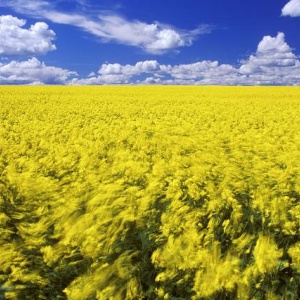
A key objective of this Special Issue is to provide a creative space for scholars who may be limited in the scope of their publication outlets, especially when it comes to proposing “out of the box” ideas.
A key objective of this Special Issue is to provide a creative space for scholars who may be limited in the scope of their publication outlets, especially when it comes to proposing “out of the box” ideas. The rationale for doing so is summarised as follows:
Summary:
A combination of unsustainable food production, one billion hungry people and 1.9 billion overweight people and population growth points towards an insecure food future. Food security is defined as having adequate access to appropriate food for an active and healthy life; something that is clearly not currently achieved across the world. Innovative solutions to this challenge are needed, but are currently elusive. However, young scholars are being pushed to publish in quantity rather than quality and are not incentivized or funded to generate radical or innovative directions to their work. These frustrations and challenges have led to the launch of this special issue which has the aim of promoting multiple solution pathways and to challenge how science is communicated and to break down barriers about who gets to make claims of knowledge.
The articles included actively challenge and push boundaries of contemporary science and common sense. The solutions proposed in this issue are intended to be an atlas of possibilities.
Abstract
At a recent meeting of academics and activists, a farmer stood up to address the overcrowded meeting room. “If you are optimistic about the future of our food systems, and our planet, you are naive at best,” she said, “but, if you do not have hope, then you have nothing.” It is indeed hard to be optimistic at this moment. The systems of food provisioning inherited from the 20th century have failed: the number of hungry people around the world hovers under one billion while 1.9 billion are overweight.1 At the same time, conventional food production is not environmentally sustainable: agriculture is a key driver of climate change and natural resource depletion. Looking ahead, global population growth, growing inequity, and climate change are all factors that will further complicate, and contribute to, an insecure food future. We are thus facing a complex challenge: how can we move to a just and sustainable food future?
Reference
Duncan, J., Bailey, M. (2016). Solutions for a Food Secure World. The Solutions Journal, 7 (4), 1-3
Read full article here (open access)







Post a new comment »